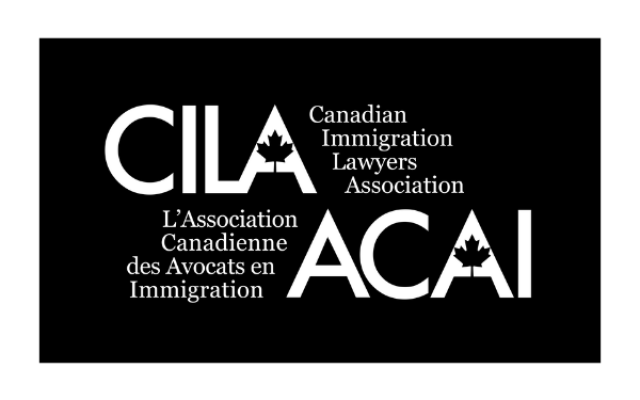Related Posts

NewsApril 5, 2024
Ravi Jain Recognized by 2024 Who’s Who Legal: Corporate Immigration
Mr. Ravi Jain has been recognized by Who’s Who Legal (WWL): Corporate Immigration 2024 edition. Learn more.

CommentaryImmigrationImmigration AppealsNewsFebruary 28, 2024
Successful Defence against Refugee Status Cessation
In January 2024, Jain Immigration Law was able to successfully defend a client from being stripped of their refugee status in Canada. Learn more.

CommentaryNewsStudentsFebruary 20, 2024
Canada Must Do More to Protect Newcomers
Immigration lawyer, Ravi Jain recently wrote an article for the Canadian Immigration Lawyers Association (CILA) where he delves into the illegal immigration practices. Learn more.


Founder of Jain Immigration Law, Ravi Jain recently published his thoughts on the anti-democratic marginalization of immigration lawyers on Law360.
The article sheds light on a concerning development in the Immigration Department’s approach to communication and client service. It has been revealed that the Case Management Branch (CMB) email inbox, which immigration lawyers use as a last resort to flag serious issues with client files, will be closed as a point of contact starting August 1, 2023. Instead, lawyers will only have the option to submit ‘webform inquiries,’ which have been known to go unanswered for extended periods and lack substantive information.
Mr. Jain argues that this move is part of a broader pattern, as the government has been progressively limiting access to information and contact with immigration officials. Previously, lawyers could reach out to Program Managers at visa offices to address urgent file issues, but responses to Access to Information requests have become heavily redacted over the years.
The article also recalls a time when the government promised a higher bar for openness and transparency in government, particularly in terms of client service. However, the reality has been starkly different, with client files being moved around without notice, email communications lacking essential information, and delays in obtaining basic information about applications.
Mr. Jain emphasizes that access to legal representation is crucial in navigating the complex immigration process, especially for vulnerable immigrants and refugees. Lawyers can ensure that meritorious cases are escalated appropriately and can help individuals understand and use the law to their advantage. Furthermore, the principle of access to legal counsel is essential for a functioning democracy, and any attempts to stifle opposition to the government’s decisions could undermine the democratic system.
Overall, he highlights concerns about the diminishing access to information, lack of transparency, and limited communication channels with immigration officials, which are not only affecting immigration lawyers‘ ability to do their jobs effectively but also potentially hindering immigrants and refugees from receiving the necessary legal assistance they need.
You can read the full article on Law360 here.